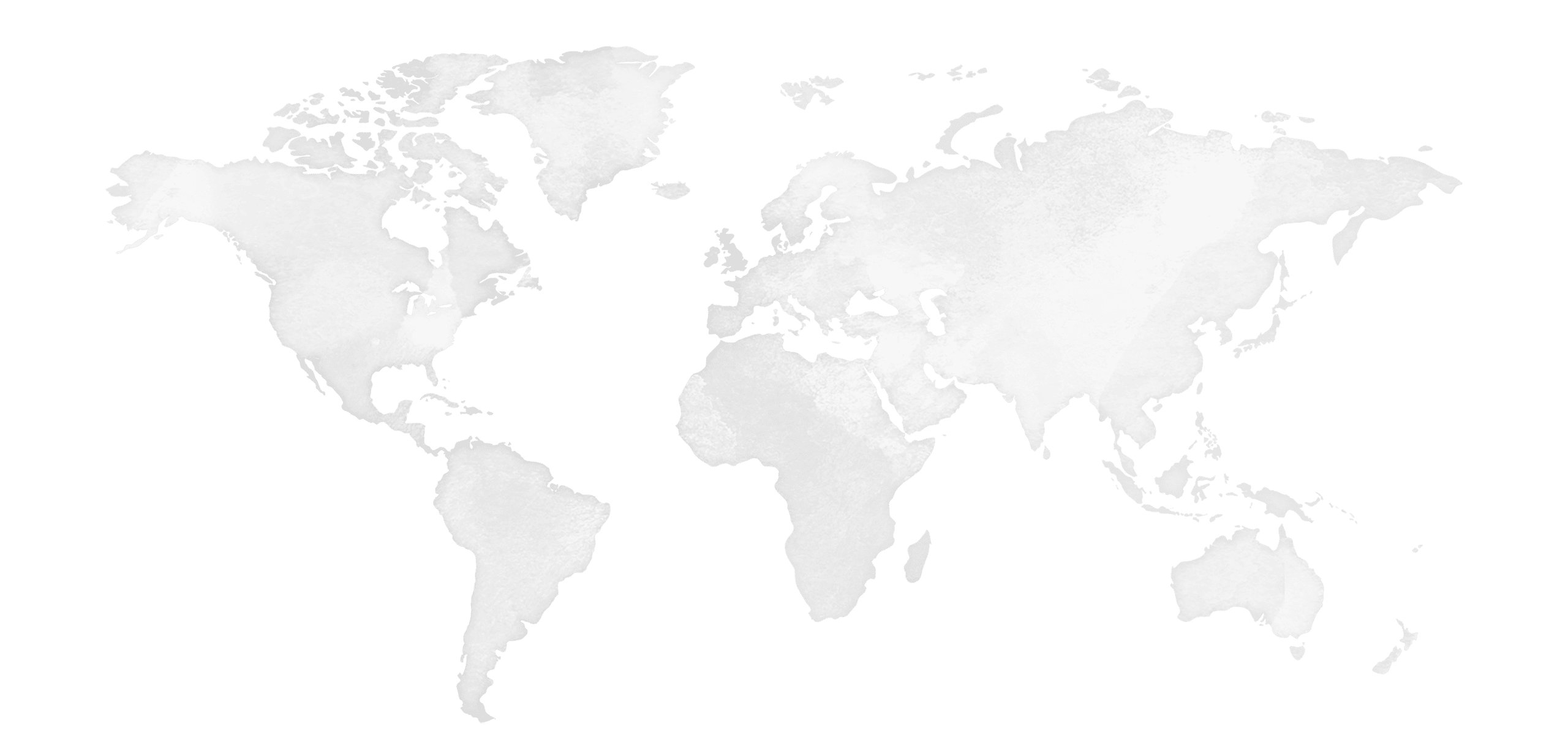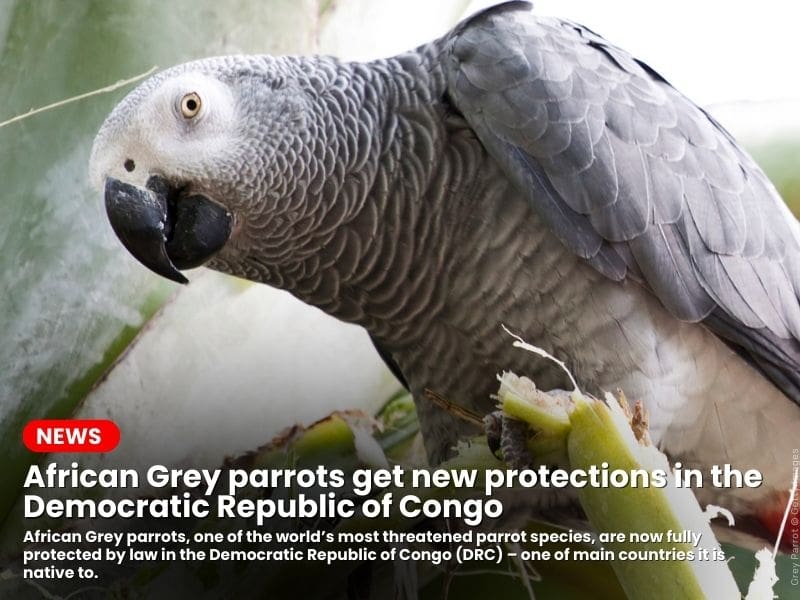African Grey parrots get new protections in the Democratic Republic of Congo
African Grey Parrots, one of the world’s most heavily trafficked parrot species, are now fully protected by law in the Democratic Republic of Congo following the passing of a national decree.
This important ruling makes it a criminal offence to capture, possess, kill, sell, or transport the species within the DRC and will help protect some of the most important populations of African Greys.
Pressure from intense trapping, alongside severe habitat loss, has seen this species disappear entirely from parts of its range and its classification as Endangered on the IUCN Red List.
The decision was welcomed by Dr Rowan Martin, WPT’s director of Africa Region and Bird Trade programmes.
“This is a hugely significant step towards safeguarding the species across vast swathes of the Congo basin where trapping has been rampant and has devastated wild populations. However there remains work to be done. Large numbers of wild animals are legally exported from the DRC every year and often Grey parrots are laundered as other species. It’s critical that law enforcement efforts and surveillance are ramped up to ensure this new legislation is effective”
Rowan Martin
For decades, vast numbers of Grey parrots have been trapped for the international pet trade. After wild populations collapsed in West Africa, the majority of parrots in trad came from the DRC. Concerns about the impact of trade and lack of controls led to CITES recommending a trade suspension for Grey parrots from DRC in 2016. Later that year, the species was uplisted to Appendix I, effectively banning international trade in wild-sourced parrots for commercial purposes. While trade initially declined, traffickers quickly adapted. Exports of “Red-fronted parrots” (Poicephalus gulielmi) spiked, with permits used to disguise shipments of Grey parrots. Conservation groups called for a suspension on exports but negotiations at CITES saw the quota reduced from 3,000 to 450 leaving a “loophole” that was widely exploited — and trafficking of Greys continued at unsustainable levels.
Complicating matters, the DRC placed a reservation to the Appendix I listing and never updated national legislation to prohibit capture and trade. While the trade suspension blocked legal exports, ambiguity within DRC law left space that was exploited by traffickers. Few, if any, seizures or prosecutions occurred, and Grey parrot trafficking persisted largely unchecked.
The crisis has been repeatedly discussed at CITES meetings, with Parties and a cacophony of conservation organisations raising profound concerns over the situation and the Standing Committee repeatedly inviting the DRC to adopt a “regulatory act” to suspend trade. The launch of a new initiative in 2022, the P3CK, spearheaded by the Lukuru Foundation has built capacity to care for seized parrots, encourage confiscations and has seen three provinces key in DRC’s parrot trade, ban the capture and trade of Grey and Red-fronted parrots within their limits. This momentum has been critical for achieving national level protections and is a testament to the dedication, tenacity and effectiveness of those involved.
The national decree adopted by the DRC will be widely welcomed by the conservation community bringing much needed regulatory clarity that can be acted on by law enforcement agencies, judiciaries and airlines.
However Dr. Rowan Martin warned that the decree is not a silver-bullet and leaves vulnerabilities.
“The fact that one of the provisions in the original draft decree — to end the trade in red-fronted parrots — was strongly opposed, indicates how important it is that protections are extended to include other parrot species. The decree needs to be extended to include all parrots and the reservation to the Appendix I listing, which creates unnecessary confusion about the legality of trade, needs to be retracted ahead of CoP20.
These actions would send a powerful signal of the DRC’s resolve to protect its extraordinary natural heritage — with the African Grey parrot at its heart.”

